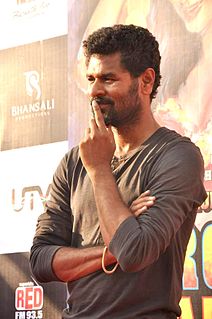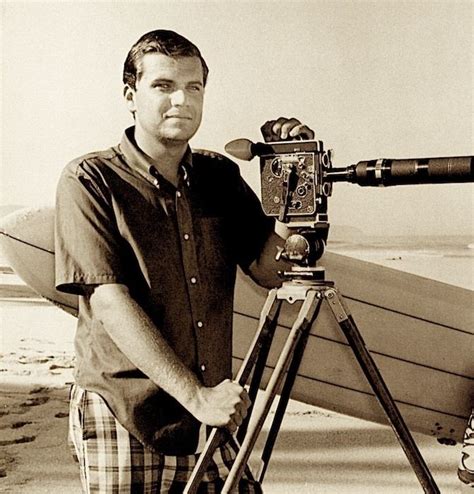A Quote by Edward Burtynsky
I wish I could create an IMAX film that would make my work accessible to a broader audience.
Related Quotes
I would make a huge distinction between theater improvisation and film improvisation. There isn't much improvisation in film - there's virtually none. The people that theoretically could be good at this in a theater situation don't necessarily do this in a film in a way that will work, because it's much broader on a stage. But in a movie, it has to be real, and the characters have to look entirely real because it's being done as a faux documentary, so there are even fewer actors that can do that on film.
I've always liked the idea of inventing stuff. My father told me, because I was naïve, I would think things could work and therefore do them, because I would have no doubt even though there was no solid foundation for this confidence. I don't think I would be a real inventor. But when I set out to do animation, which was my first step into film-making, I realised I could achieve this idea. I could take some elements, create a sort of clumsy invention, and make them work for the camera.
As a filmmaker, I wish we didn't have to do trailers at all, quite honestly. I wish we didn't have to do posters. I wish didn't have to give anything away. I wish people could just come in the movie blind. But as an audience member, I respect that you have to tell an audience that this is worth your time.
I thought 'The Artist' was a perfect way to find a good balance. The artistic challenge is obvious because the film is black-and-white and its silent, but I did my best to make the movie accessible and easy to watch. I really don't want to make elitist movies. I really try hard to work for the audience. Audiences are smart. They get everything.
I must say here in France I had more serenity or security as I was working because I knew I was making the film the way I wished and that the film would be seen, ultimately, which is not always the case in Iran. In Iran, you always work having in mind this worry of will I be able to carry on my project as I wish and will the audience see the film.



































